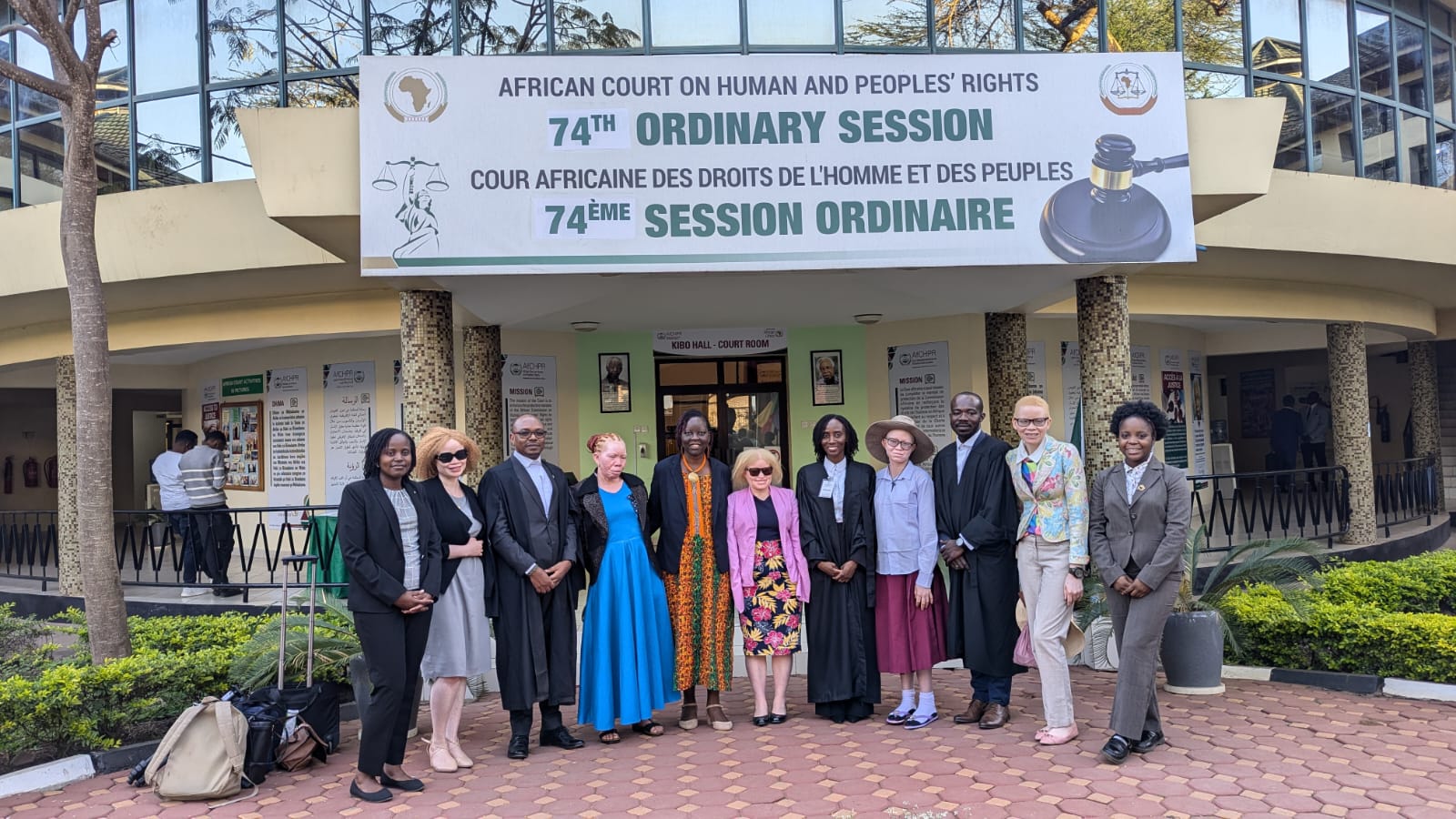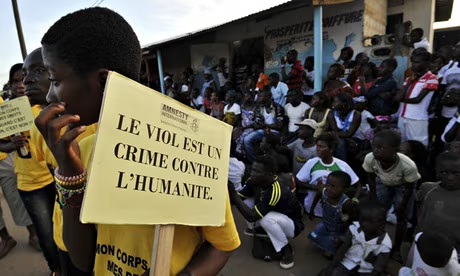27 July 2018: The Centre for Human Rights – University of Pretoria (CHR), the Institute for Human Rights and Development in Africa (IHRDA), and the Legal and Human Rights Centre (LHRC) have sued the United Republic of Tanzania before the African Court on Human and Peoples’ Rights for its failure to ensure adequate protection of persons with albinism (PWAs).
The applicants filed the lawsuit on 25 July 2018, alleging that the State of Tanzania has failed to take sufficient measures to ward against the widespread persecution and discrimination perpetrated by the public against PWAs.
The applicants observe that, throughout history, till date, PWAs in Tanzania, and in some other parts of Africa, have endured different forms of persecution and discrimination grounded especially in myths. From time past, a lot of tribes have often upheld the practice of killing PWAs, especially children, to prevent a “curse” from spreading in their community and to get rid of the ‘burden’ of looking after them. From the year 2000, Tanzania began to witness new forms of persecution against PWAs, notably mutilation, as body parts of PWAs are believed to have magical powers which can be used to generate wealth through witchcraft. Thus, there exists a black market for PWAs (body parts and in whole). Statistics indicate that from 2007 to 2010, roughly three PWAs were attacked per month in Tanzania, and most of them hacked to death; from 2000 to June 2016, the death toll stood at 76. Survivors of attacks have been deeply traumatized by mutilations, abduction attempts, rape, having their skin removed, hair shaved or being physically threatened. Because of discrimination and persecution, PWAs in Tanzania feel ostracized and neglected by the State and the society. The applicants remark that local remedies for such violations are ineffective and insufficient in practice.
The applicants notes that there are over 200,000 PWAs in Tanzania, and the standards defined in Tanzanian law allows for PWAs to qualify as persons with disability, besides a growing global consensus to recognize albinism as a disability.
The case alleges several violations, notably on the right to life and security of the person; the prohibition against torture, degrading and inhumane treatment; the prohibition of sale, trafficking and abduction of children; the right to non-discrimination; the right to dignity, and the right to an effective remedy. All these rights are protected under several treaties to which Tanzania is a party, including the African Charter on Human and Peoples’ Rights, the African Charter on the Rights and Welfare of the Child, the International Covenant on Civil and Political Rights, the International Covenant on Economic, Social and Cultural Rights, the UN Convention on the Rights of the Child, and the Convention on the Rights of Persons with Disabilities.
The applicants pray that the African Court should declare Tanzania guilty of the alleged violations, and order Tanzania to adopt a comprehensive national strategy to ensure the protection of the rights, welfare and interests of PWAs, including formulation of policies, enactment of laws, prosecution of perpetrators, training of relevant officials, and sensitization of the public. The applicants also demand compensation, rehabilitation and psycho-social support to affected victims and their families, and the adoption of specific measures for the welfare of affected children.
For more information, contact:
Michael Nyarko
Deputy Executive Director
IHRDA, The Gambia
Email: mnyarko@ihrda.org
Dr. Chipo Rushwaya
Senior Legal Officer
IHRDA, The Gambia
Email: crushwaya@ihrda.org
Communiqué_CHR-IHRDA-LHRC_v_Tanzania_Albinism-Case_AfCHPR_July_2018_en
UPDATES:
25 March 2024: African Court notifies Parties of hearing scheduled for 5 and 6 June 2024.
11 September 2024: African Court holds public hearing in Arusha, Tanzania; hears arguments of both parties on the merits and adjourns for judgement.
20 January 2025: Court notifies parties of judgement scheduled for 5 February 2025. Judgment will be live-streamed on the Court’s YouTube pages.






